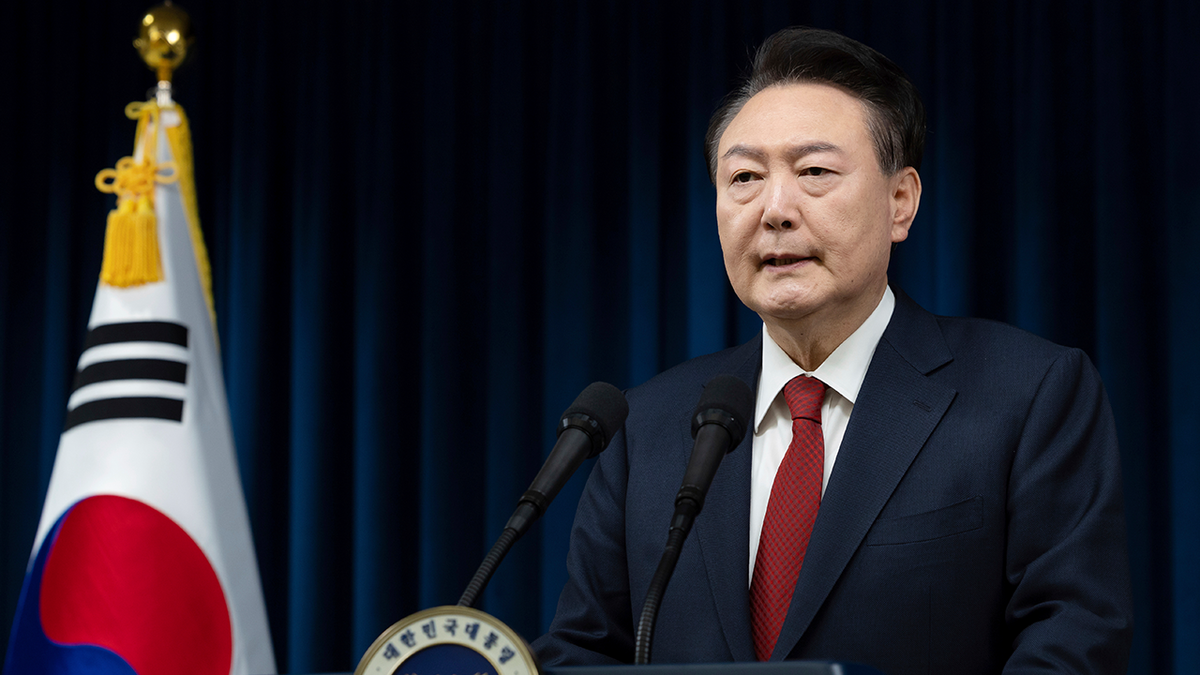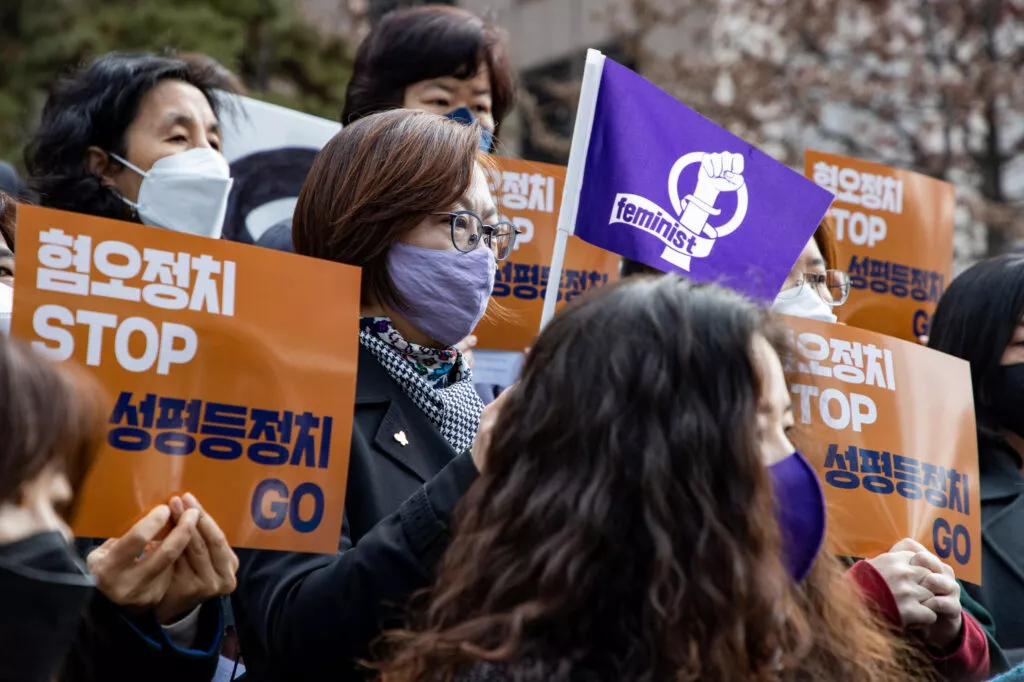On November 14th at Room 208N of North House, speakers Irene Poetranto & Jacques
Bertrand delivered a panel at the Munk School of Global Affairs & Public Policy which aimed to
explore questions regarding democracy’s significant challenges by analyzing Indonesia’s
democratic journey and its successes and ongoing challenges, to draw valuable lessons on the
resilience and vulnerabilities of the democratic system and future implications of democracy
across the globe. Irene Poetranto is a Senior Researcher for the Citizen Lab, an interdisciplinary
research lab on digital technology and human rights at the Munk School of Global Affairs &
Public Policy. She primarily conducts research and analysis on internet governance and
information controls as well as internet-related topics associated with Citizen Lab such as
gender and digital security. Jacques Bertrand is a Professor at the Department of Political
Science at the University of Toronto as well as the Director of a Collaborative Master’s
Specialization in Contemporary East and Southeast Asian Studies at the Munk School of Global
Affairs and Public Policy. His research interests are in comparative politics, ethnic politics, and
Southeast Asia. The event was moderated by Edbert Gani Suryahudaya from CSIS Indonesia,
a PhD Student in Political Science at the University of Toronto, sponsored by the Asian Institute,
Munk School of Global Affairs & Public Policy and co-sponsored by the Indonesian Student
Association at the University of Toronto.
The panel begins with a video introduction through Zoom by Daniel Tumpal S. Simanjuntak,
Ambassador of the Republic of Indonesia to Canada. He introduces the seminar by giving a
brief introduction to the topic of Indonesia’s democracy, as well as giving his thanks for the
organizers of the event and wishes for a successful event panel. Next, Dyah Lestari Asmarani,
the Consul General of the Republic of Indonesia in Toronto comes online and gives her thanks
and brief introduction for the event panel.
Then, Jacques Bertrand begins his discussion; he outlines various key themes: despite there
being some concerns for democratic sliding in Indonesia, we are able to analyze the past and
present of Indonesia’s democracy through a comparative lens, and he notes the emerging
complexity of authoritarian populist practices compiled within a democratic framework, and from
this we can see around the world various shifting democratic demographics, including
Indonesia.
Bertrand notes that Indonesia scores high in its electoral process, but has an average overall
democracy score. Betrand also notes that Indonesia has good representation, governance and
minority representation, assessing Indonesia’s democracy in terms of representation and what
governance delivers. He states that Indonesia has great democratic success for clean elections
and respect for political parties, considering its diversity of political parties and active political
participation, but notes the increasing role of social media affecting democracy in Indonesia, as
well as political dynasties in the country becoming more common.
Then, Irene Poetranto begins her discussion, raising three discussion questions: (1) How has
the rise of social media shaped Indonesian democracy? (2) What are the challenges for civil society organizations in utilizing online spaces to mobilize and engage the public? And (3) How
has recent data breaches in Indonesia impacted democratic governance?
Poetranto begins with an introduction of internet and social media in Indonesia, noting that
despite internet penetration at only 66.5%, Indonesians are enthusiastic adopters of social
media and are active on platforms such as Facebook and Twitter. This rise in the internet
coincides with Jokowi’s policy, making the digital economy a priority of his administration and
expanding internet access in the country through the building of infrastructure.
The use of internet and social media has facilitated political participation, giving rise to “buzzers” individuals or groups paid to create and share propaganda online, and it has now become
common for political candidates in the SEA region to hire online campaign strategies who
engage in “buzzers” activity. Poetranto states that the proliferation of “buzzers” is rooted in
longstanding public distrust of mainstream media and official sources, noting Indonesia’s media
industry largely being controlled by oligarchs linked to political patrons, with combat efforts
against “buzzers” proving ineffective. In addition to “buzzers”, the Indonesia government
increasingly restricts civic spaces through internet censorship, lawfare and online surveillance,
aiming to block “negative” content (what the government deems defamatory of violating social
norms), as well as shutting down the internet during protests. Indonesia’s EIT Law is invoked to
arrest journalists and human rights defenders, with a trend of increasing cases of criminalization
against expression.
Lastly, Indonesia has been targeted by high-profile data breaches targeting government
institutions and major companies, facilitated by poor digital hygiene practices from the
government. Despite efforts from the government such as the PDP Law, Indonesia lacks robust
provisions to mitigate data loss or breaches.
To conclude, Poetranto identifies three lessons to be learned from Indonesia’s democracy: (1)
Government is expected to regulate social media but instead misuses them for political
purposes, (2) Digital attacks against civil society organizations likely to continue, with more
research and “upskilling” of civil society actors needed, and (3) As data breaches continue to
occur and become more serious, robust data protection laws and digital hygiene practices are
necessary.
The panel ends with a lively Q&A session, with various questions being asked by the audience
in further discussions of Indonesia’s democratic practices, the use of digital in affecting
democracy and implications for democracy in other countries drawing from lessons on
Indonesia.
We would like to thank the Irene Poetranto & Jacques Bertrand for their brilliant insights into
Indonesia’s democracy, as well as the moderator, the Munk School of Global Affairs & Public
Policy & the Indonesian Student Association at the University of Toronto for their time and effort
in hosting, moderating and sponsoring this panel.
Leo Yao Chen is a fourth year undergraduate student majoring in Political Science specialist and Contemporary Asian Studies major. His research interests include the geopolitics and international relations side of political science, with a special focus on East and Southeast Asia both domestically and internationally. He is super excited to be the event reporter for Southeast Asia, reporting on Munk School events that help expose and facilitate discussions and knowledge on socioeconomics and politics of the SEA region.







